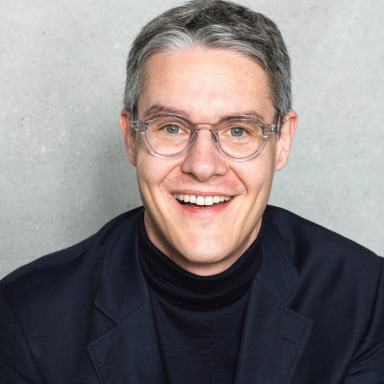New Research Projects on Public Participation in the Energy Transition
31.03.2023
Public participation is widely considered to be crucial for the success of the energy transition. In three new research projects, RIFS researchers are investigating the impacts of participatory processes, the potential of energy communities, and the application of digital visualization and communication tools in transition planning.

The three projects will contribute to improving democratic processes in the implementation of the energy transition:
Quo vadis participation? How participation affects energy projects (BePart)
Germany plans to meet 80% of its electricity needs from renewable energy by 2030. Achieving this will require twice as much land area for solar and wind power infrastructure and it is likely that conflicts will arise in connection with the expansion of renewables. Participation in energy projects, for example through financial investments or public engagement in planning processes, is widely viewed as a way of building acceptance for the energy transition. In the BePart project, researchers quantify and analyse the effects of different community engagement methods in energy projects.
This research will focus on questions such as:
- What are the impacts of participatory processes on solar and wind power and grid infrastructure projects?
- Do participation processes affect public acceptance or the speed of project implementation? If so, under what conditions and how?
- Do different forms of participation result in different effects?
This collaborative project is funded through the 7th Energy Research Programme of the German Federal Government in the subarea "Energy Transition and Society".
Participatory Energy Transition Visualization and Communication (ENVIKO)
In recent years, enormous progress has been made in the development of various visualization technologies, including 3-D visualization, situated visualization on mobile devices (augmented reality), and projections. The use of augmented reality applications to visualize proposed wind farms, for example, has become increasingly common in planning procedures and is often used by project developers. However, the existing solutions do not facilitate interactions between users, enable public participation or provide communication channels for feedback and inquiries. The research project "Participatory Energy Transition Visualization and Communication" (ENVIKO) aims to facilitate dialogue among citizens by developing experimental digital technologies that couple visualizations of energy transition infrastructure with communication solutions.
This research focuses on three key aspects:
- How can online technologies be optimally used in participation processes?
- To what extent can the interests and needs of citizens and relevant stakeholders be better captured and integrated with the help of technology?
- How can energy transition projects be communicated more comprehensibly to those affected by using visualisation and communication technologies in participation processes? And how can the input be optimally processed?
This project is funded by the Federal Ministry for Economic Affairs and Climate Action.
Energy Communities: Structural Policy & Participation (BE:ST)
Germany’s energy transition ambitions can only be achieved with broad support across society. Community-led renewable energy projects and public participation are often identified as crucial to securing popular support for the energy transition. The project "Energy Communities: Structural Policy & Participation" (BE:ST) investigates the extent to which these innovations can be harnessed to promote the energy transition, with a particular focus on empirical research in Lusatia and the Rhenish mining district.
Key research questions include:
- What level of interest is there in community-led renewable energy projects among the population in the former coal regions?
- Under what conditions can projects of this kind succeed in Lusatia and the Rhenish mining district?
- How can community-led energy projects contribute to the structural transformation of former mining districts?
This project is funded by the Federal Ministry for Economic Affairs and Climate Action.


